
There have been concerns that cables in the Red Sea could be targeted by Houthi forces - Photo: see.news
A broken fiber optic cable in the Red Sea disrupted internet access in parts of Asia and the Middle East on September 7. The cause of the problem is still unknown, experts said.
In a statement, NetBlocks - an internet access monitoring unit - stated that a series of undersea cable incidents in the Red Sea had reduced internet connectivity in many countries, including India and Pakistan.
NetBlocks also said the incident affected the SMW4 and IMEWE cable systems, near Jeddah, Saudi Arabia.
Saudi Arabia has yet to respond to the report. Meanwhile, in the United Arab Emirates (UAE), internet users on the state-owned Du and Etisalat networks reported slow internet connections.
At the same time, Microsoft warned that users of its Microsoft Azure cloud computing service may experience service disruptions due to multiple broken undersea fiber optic cables in the Red Sea region.
Specifically, data traffic passing through the Middle East, originating or terminating in regions in Asia and Europe, may be disrupted more than usual.
"Undersea cable breaks typically take a long time to repair. During this time, we will continuously monitor, adjust, and optimize routing to minimize impact to customers. Microsoft will provide updates daily, or sooner if there are new developments," the company said.
Due to network disruptions, Azure - the world's second-largest cloud service provider after Amazon Web Services (AWS) - had to divert traffic through alternative routes, resulting in higher-than-usual latency.
There have been concerns that cables in the Red Sea could be targeted by Yemen’s Houthi rebels, who want to pressure Israel into ending the conflict in the Gaza Strip. However, the Houthis have said they have no plans to attack the undersea cables.
Source: https://tuoitre.vn/dut-cap-quang-o-bien-do-internet-o-chau-a-va-trung-dong-chap-chon-2025090718231201.htm


![[Photo] President Luong Cuong receives President of the Cuban National Assembly Esteban Lazo Hernandez](https://vphoto.vietnam.vn/thumb/1200x675/vietnam/resource/IMAGE/2025/9/30/4d38932911c24f6ea1936252bd5427fa)
![[Photo] Solemn opening of the 12th Military Party Congress for the 2025-2030 term](https://vphoto.vietnam.vn/thumb/1200x675/vietnam/resource/IMAGE/2025/9/30/2cd383b3130d41a1a4b5ace0d5eb989d)
![[Photo] The 1st Congress of Phu Tho Provincial Party Committee, term 2025-2030](https://vphoto.vietnam.vn/thumb/1200x675/vietnam/resource/IMAGE/2025/9/30/1507da06216649bba8a1ce6251816820)
![[Photo] Panorama of the cable-stayed bridge, the final bottleneck of the Ben Luc-Long Thanh expressway](https://vphoto.vietnam.vn/thumb/1200x675/vietnam/resource/IMAGE/2025/9/30/391fdf21025541d6b2f092e49a17243f)

![[Photo] General Secretary To Lam, Secretary of the Central Military Commission attends the 12th Party Congress of the Army](https://vphoto.vietnam.vn/thumb/1200x675/vietnam/resource/IMAGE/2025/9/30/9b63aaa37ddb472ead84e3870a8ae825)
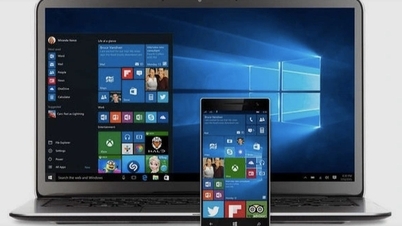





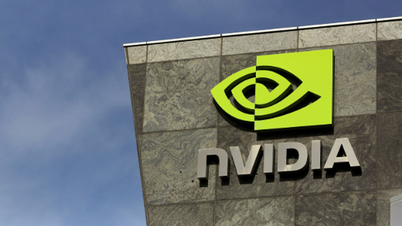


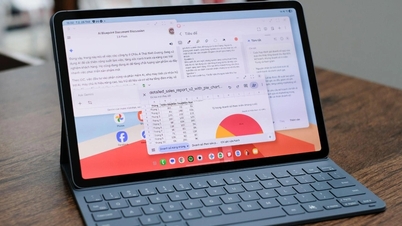




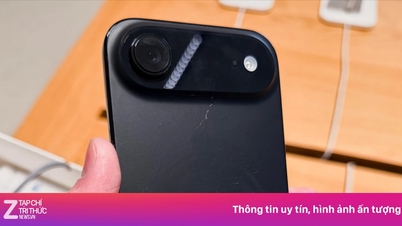





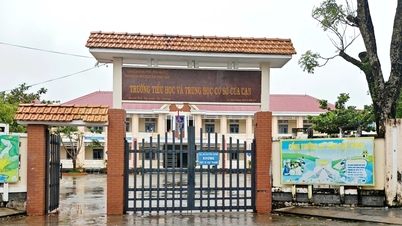



















































![[Infographic] Key tasks in the 2025-2030 term of Dong Nai province](https://vphoto.vietnam.vn/thumb/402x226/vietnam/resource/IMAGE/2025/9/30/59bd43f4437a483099313af036fef0db)





















Comment (0)